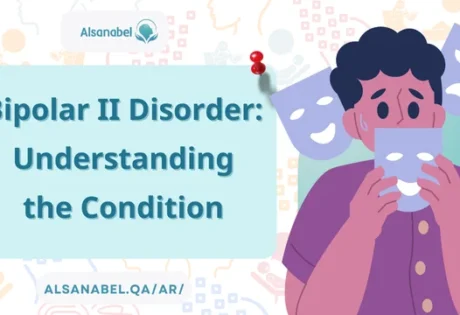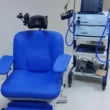Quick Links
Other Department
- 96%Positive Feedback
from our patients - 15946have recovered under the care of our doctors
- 16Years Experience
- 42Employee
at different fields
YOU ARE NOT ALONE

Welcome to Al Sanabel
Specialized Psychiatric Center In Qatar
Al-Sanabel Center for Psychiatric Diseases offers a distinguished range of psychological services and consultations that ensure specialized and comprehensive care for patients. The center provides a thorough assessment and accurate diagnosis of various psychological disorders through the best psychological consultants in Qatar. These services include individual and group counseling sessions, as well as specialized psychological rehabilitation programs delivered by the best psychological specialists. This encompasses psychological guidance and stress management, through the following up of the best psychiatric clinics in Qatar.
Our Services
AL-Sanabel Center
Provides (TMS) Services In Doha, Qatar
Transcranial Magnetic Stimulation (TMS) is a noninvasive form of brain stimulation in which a changing magnetic field is used to cause electric current at a specific area of the brain through electromagnetic induction.
Our Blog
Recent Articles
 29Jan
29Jan
Bipolar Disorder: Symptoms, Causes, and Treatment 2024
 27Jan
27Jan









